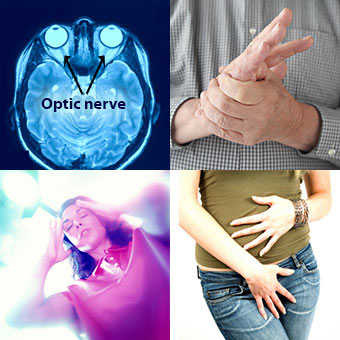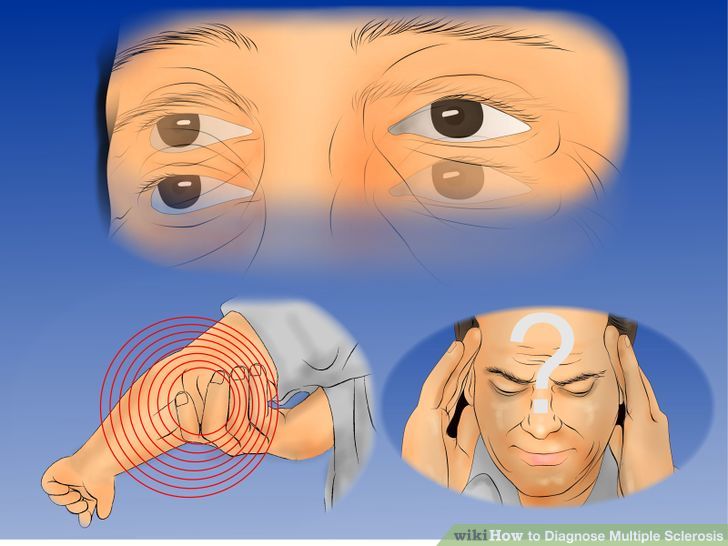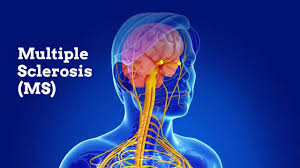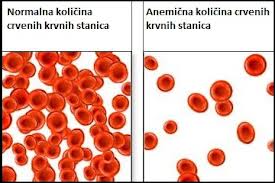Multiple sclerosis (MS) affects the brain and spinal cord. Early MS symptoms include weakness, tingling, numbness, and blurred vision. Other signs are muscle stiffness, thinking problems, and urinary problems. Treatment can relieve MS symptoms and delay disease progression.
 People with multiple sclerosis (MS) tend to have their first symptoms between the ages of 20 and 40. Usually the symptoms get better, but then come back. Some may come and go, while others linger.
People with multiple sclerosis (MS) tend to have their first symptoms between the ages of 20 and 40. Usually the symptoms get better, but then come back. Some may come and go, while others linger.
Keep track of your symptoms to help your doctor monitor the course of the disease and the effectiveness of the treatment..
Early Symptoms of MS
Blurred or double vision
Thinking problems
Clumsiness or a lack of coordination
Loss of balance
Numbness
Tingling
Weakness in an arm or leg
No two people have exactly the same symptoms of MS.
Common Symptoms of MS
These are the most common changes to the mind and body in someone with MS. Keep in mind that the severity of symptoms varies greatly and many people go years with only mild symptoms that come and go.
Unusual sensations: People with MS often say they feel a “pins and needles” sensation. They may also have numbness, itching, burning, stabbing, or tearing pains. About half of people with MS have these uncomfortable symptoms. Fortunately, they can be managed or treated.
Bladder problems: About 8 in 10 people have bladder problems, which can be treated. You may need to urinate more often, need to go at night, or have trouble emptying your bladder fully. Bowel problems, especially constipation, are also common.
 Trouble walking: MS can cause muscle weakness or spasms, which make it more difficult to walk. Balance problems, numb feet, and fatigue can also make walking more difficult.
Trouble walking: MS can cause muscle weakness or spasms, which make it more difficult to walk. Balance problems, numb feet, and fatigue can also make walking more difficult.
Dizziness: You may feel dizzy or lightheaded. You usually won’t have vertigo, or the feeling that the room is spinning.
Fatigue: About 8 in 10 people feel very tired. It often comes on in the afternoon and causes weak muscles, slowed thinking, or sleepiness. It’s usually not related to the amount of work you do. Some people with MS say they can feel tired even after a good night’s sleep.
Muscle spasms: They usually affect the leg muscles. For about 40% of people they are an early symptom of MS. In progressive MS, muscle spasms affect about 6 in 10 people. You might feel mild stiffness or strong, painful muscle spasms.
Sexual trouble: These include vaginal dryness in women and erection problems in men. Both men and women may be less responsive to touch, have a lower sex drive, or have trouble reaching orgasm.
Speech problems: Sometimes MS can cause people to pause a long time in between words and have slurred or nasal speech. Some people also develop swallowing problems in more advanced stages of MS.
 Thinking problems: About half of people with MS have trouble concentrating that comes and goes. For most, this means slowed thinking, poor attention, or fuzzy memory. Rarely, people can have severe problems that make it hard to do daily tasks. MS usually does not change your intellect and ability to read and understand conversation.
Thinking problems: About half of people with MS have trouble concentrating that comes and goes. For most, this means slowed thinking, poor attention, or fuzzy memory. Rarely, people can have severe problems that make it hard to do daily tasks. MS usually does not change your intellect and ability to read and understand conversation.
Tremors: About half of people with MS have tremors. They can be minor shakes or make it hard to do everyday activities.
Vision problems: Problems with your eyes tend to be one of the first symptoms. They usually affect only one eye and go away on their own. Your sight may be blurry, gray, or have a dark spot in the center. You may suddenly have eye pain and temporary vision loss.
Very rarely, people with MS may have breathing problems or seizures.
What Causes MS Symptoms?
Doctors divide the symptoms into three groups: primary, secondary, and tertiary.
Primary symptoms come from damage to the protective sheath (myelin) around the nerves in your spine or brain. The damage causes scarring, which makes it harder for signals to travel between the brain and the body.
send us email to [email protected] about complete instructions how to make and use some home remedy.
Medical Disclaimer
The Content is not intended to be a substitute for professional medical advice, diagnosis, or treatment. Always seek the advice of your physician or other qualified health provider with any questions you may have regarding a medical condition. Never disregard professional medical advice or delay in seeking it because of something you have read on this Website.
 EN.BabinLEK Cure yourself
EN.BabinLEK Cure yourself



